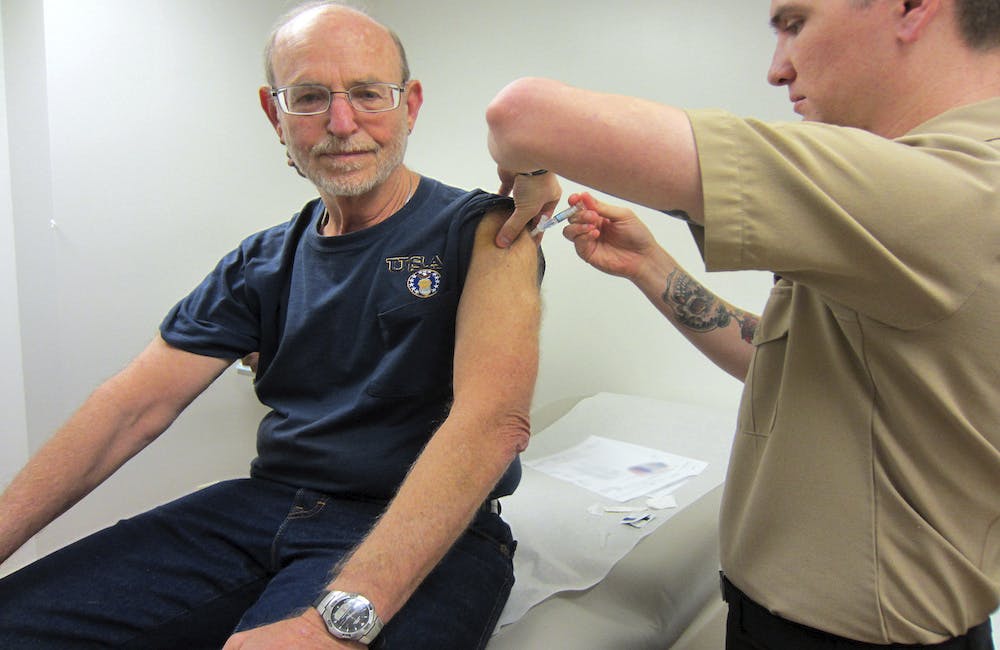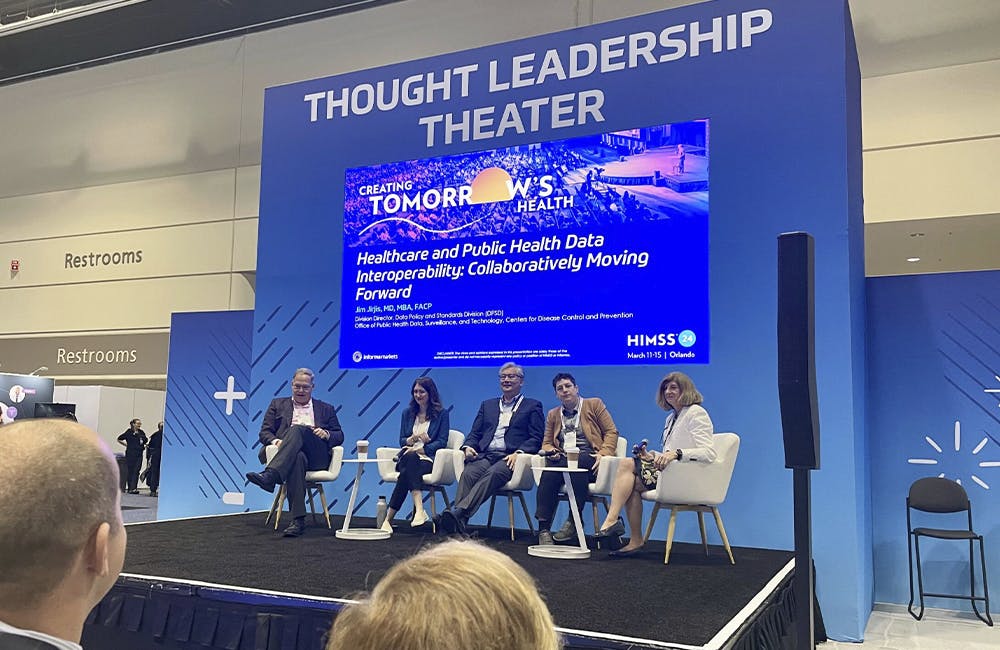DOD’s EHR Deployment Nearly Complete
FEHRM officials provide a status update and upcoming plans for the MHS Genesis rollout at military hospitals.

Deployment of the Defense Department’s new electronic health records system MHS Genesis is now “virtually complete” at military hospitals and clinics in the U.S. and overseas.
Last week, DOD successfully rolled out the new EHR system to the military facilities in the Pacific region, marking the last of 23 MHS Genesis waves. The Pacific region wave follows deployments of the record across Europe completed last month and full deployment in the continental U.S. this summer.
“I’ve started to make it a habit, which I’m going to have to change here very shortly, describing our progress at DOD as the end of the beginning of the MHS Genesis effort. And I say that because most of you know that we’re virtually complete with system deployment to what we call garrison DOD facilities,” Chris Ruefer, deputy program executive officer for DHMS, said during the State of the Federal EHR event last week.
DOD plans to fully complete MHS Genesis deployment in March 2024 when the system goes live concurrently with the Department of Veterans Affairs’ Oracle-Cerner EHR at the Lovell Federal Health Care Center facility in North Chicago. Once completed, MHS Genesis will provide a single health record for 9.6 million service members, veterans and their families.
“As excited as everyone on our end is to be complete with that. … As I talked to our team, they’re actually genuinely excited about moving beyond the pressure to deploy and turning our attention to system optimization and getting to use the data that we are now making available to work for us. So that’s how we’re shifting our focus,” Ruefer said.
“An example would be meaningful analytics at that even individual user site and enterprise level that we’re going to be able to do. We even envision the ability to identify emerging problem areas and address those before they manifest across the enterprise,” Ruefer added.
Ruefer said the team has already started moving past the deployment phase and making improvements to the system. According to Ruefer, long interruptions of 60 seconds or more have been reduced by 24%. Plus, 98.7% of users don’t experience application freezes at all, up approximately 5.5% since 2022.
Ultimately, user experience is critical to the successful implementation of the system and needs to be a “robust part of the enhancement equation.” DOD currently operates structured and regularly repeating capability enhancement and upgrade processes, with user feedback driving most improvements.
Capability summits, local informatics steering committees, and the MHS Genesis functional champion aim to address a variety of issues through gathering user feedback. These feedback forums produce large upgrades called “capability block upgrades” that are released several times a year. In July, the team delivered the largest block upgrade to date, according to Ruefer.
“If we’re not getting feedback from actual users, we’re missing an important piece,” Ruefer said.
This is a carousel with manually rotating slides. Use Next and Previous buttons to navigate or jump to a slide with the slide dots
-

CDC Updates Public Health Data Strategy
Accelerating data sharing through capabilities like electronic case reporting make up a large portion of the new two-year plan.
3m read -

VA Kicks Off EHR Program at Joint Facility with DOD
The agency's Dr. Neil Evans briefed how the Oracle-Cerner program rollout in North Chicago is informing next steps in EHR modernization.
4m read -

Health Agencies Tout Standards in Data Sharing, Interoperability
Officials from CMS, ONC and HHS spoke about data standards and how to help smaller health organizations make modernization progress.
3m read -

VHA Preparing for AI, Interoperable Future
The agency is spearheading initiatives to expand health care to veterans, including emerging technology and electronic health records.
6m watch








